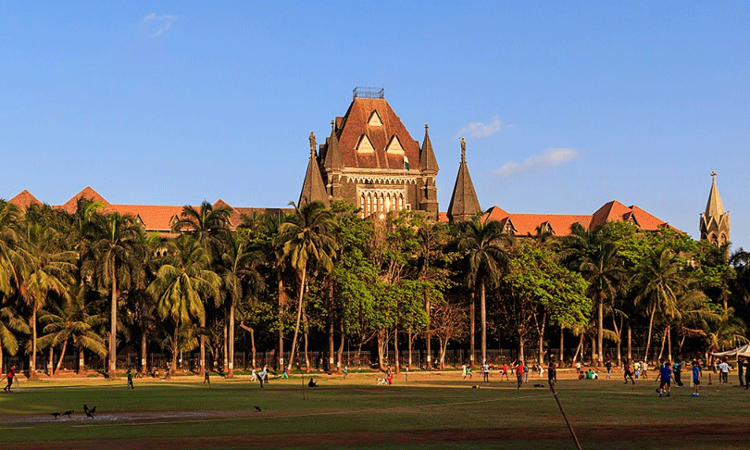'Every Woman Has The Right To Have A Child Naturally Or Through Surrogacy' :Couple Approaches Bombay High Court To Import Their Cryo-Preserved Embryos From USA
Sharmeen Hakim
31 Aug 2021 6:08 PM IST

The couple has questioned a 2015 notification by which the Director-General of Foreign Trade moved the import of human embryos from the 'restricted' category to the 'prohibited' category except for scientific research.
Next Story


